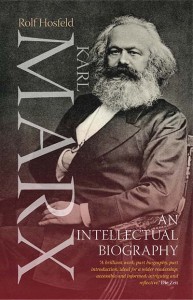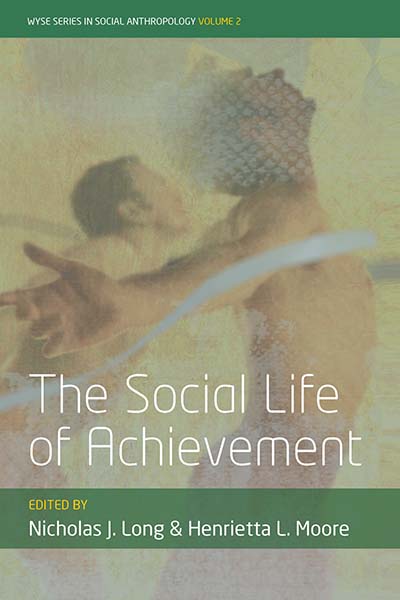By Rolf Hosfeld

Excerpted by Karl Marx: An Intellectual Biography by Rolf Hosfeld, Translated from the German by Bernard Heise
Karl Marx was born May 5, 1818. As a young man he was a journalist and an editor for Rheinische Zeitung, a liberal-socialist newspaper published in Germany. The paper was previously edited by Adolf Friedrich Rutenberg, who favored opinionated feuilletons, before Marx replaced him and gained recognition for his practical, evidence-based approach.
Moses Hess was the first communist Karl Marx personally encountered. Both were from the Rhineland, came from bourgeois families, and were under the influence of Hegel’s philosophy. Marx made an “imposing impression” on Hess upon their first acquaintance in September 1841. After their initial encounter Hess had the sense of having met the “greatest, perhaps the only real philosopher now living,” one who would soon—Hess was referring here to the lecture halls of Bonn University—“draw upon him the eyes of Germany.”
Continue reading “Karl Marx as a Young Journalist” →








